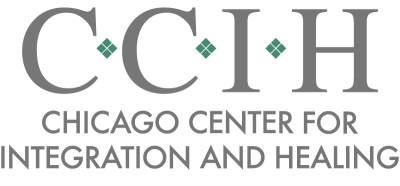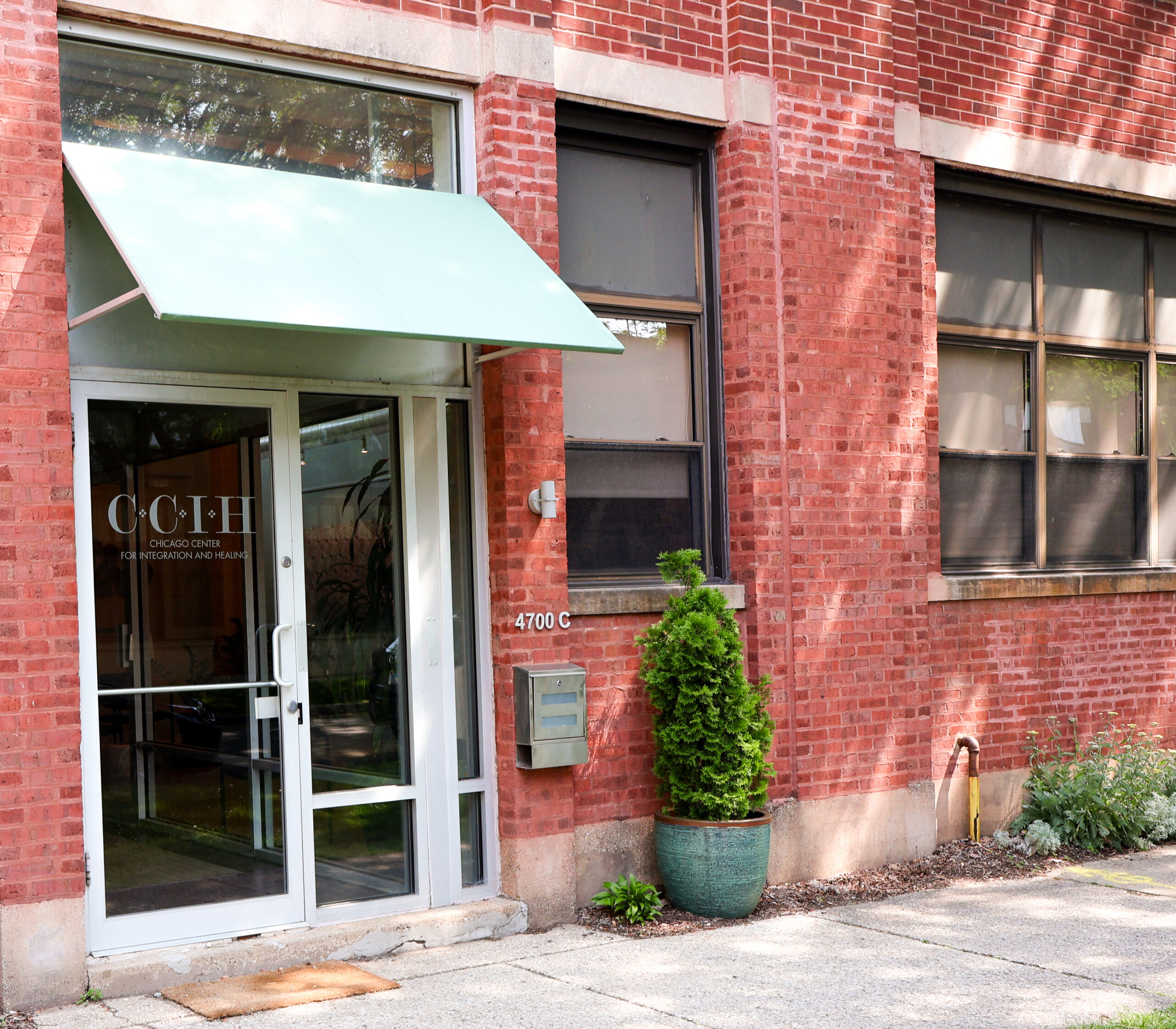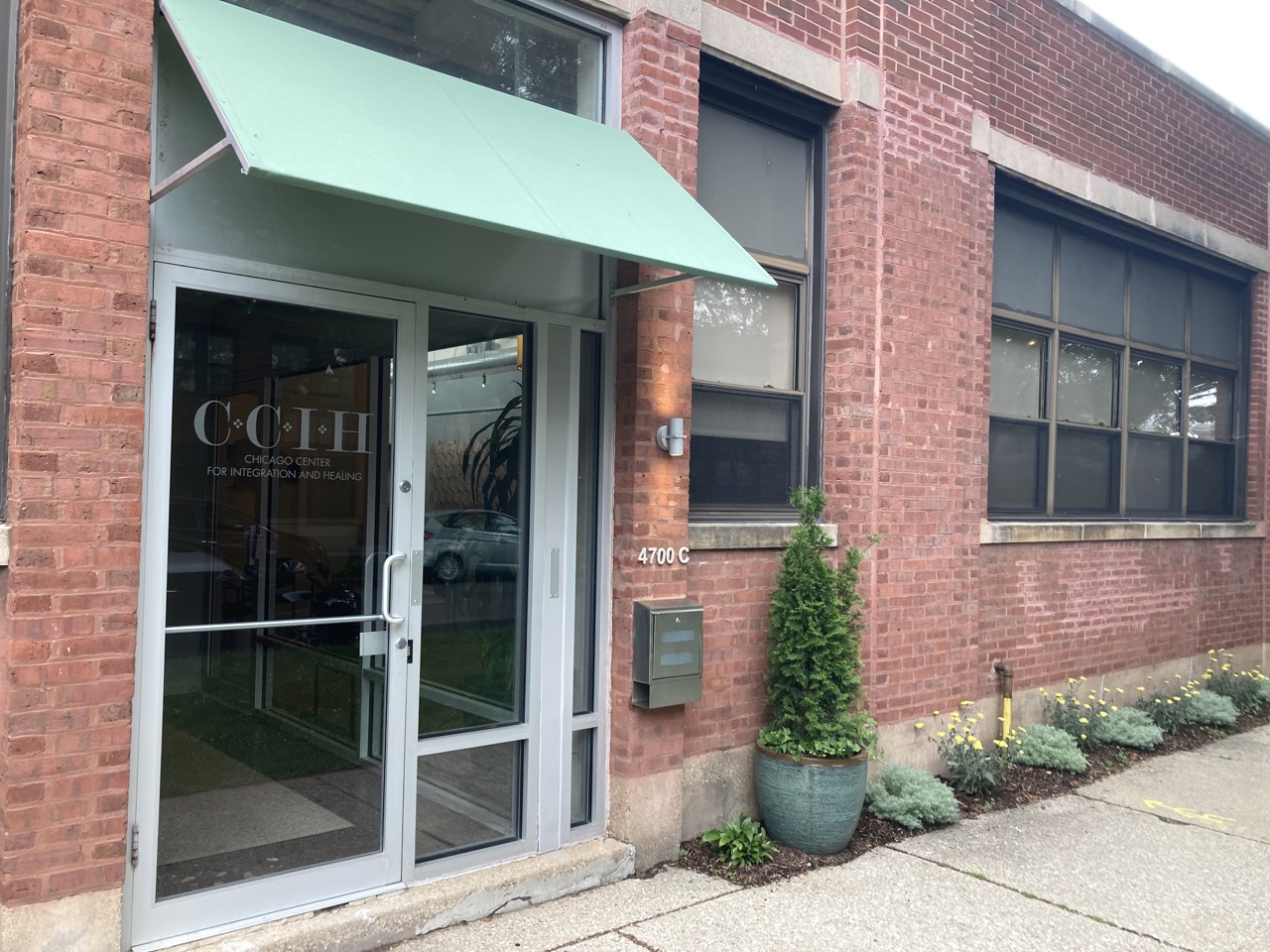At CCIH our work with clients and our professional development is grounded in four essential concepts: an Integrated Approach, an Anti-Oppression Lens, the Therapist Experience, and Community Formation. In this series, CCIH Director Amy Zajakowski Uhll expands on each of these concepts and why we believe they are necessary for effective trauma-informed treatment.
______________________________________
An integrated approach is essential in treating those struggling with a legacy of traumatic experiences. When someone has suffered from complex trauma (trauma that has happened repetitively over time) the connection to their body, their relationships, their perception of self, and their beliefs about the world are impacted. A multi-layered approach is essential to connect with the many layers of traumatic wounding.
Recent advances in neuroscience research have supported the development of many modalities to treat these legacies.These include EMDR, Sensorimotor Psychotherapy, Somatic Experiencing, DBT, Cognitive Processing Therapy, Brainspotting, Relational Psychodynamic approaches, and many others. While each has contributed to how we understand and treat traumatic wounding and early attachment difficulties, in practice they have become siloed. Clinicians often become attached to a particular method or model as the only way to approach treatment, and find themselves frustrated or stuck when they run into the limitations of that particular modality.
As therapists, we are not treating “sexual abuse” or “an eating disorder” –we are treating human beings. There is no single model that can address all the complexity of human experience and suffering. Therefore, it is important that we wrestle with the task of integrating neurobiological understanding with relational approaches to develop an approach that is unique to each person with whom we are on the journey. Relational wounds require a relational approach to healing.
The basis of all trauma-informed treatment must involve privileging regulation and working in the present moment. It must utilize approaches that are both relational and body-centered. We at CCIH are not focused on treating symptoms, but on supporting individuals as they move toward a more integrated, peaceful, enlivened life.








